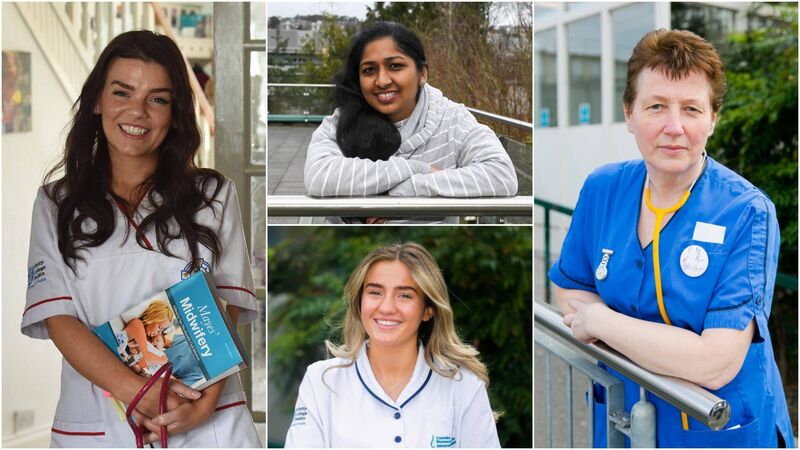'They called me the baby whisperer': Meet the midwives birthing a generation of mothers

Midwives are not just helping birth babies — they are in a sense birthing a generation of new mothers
Try from €1.50 / week
SUBSCRIBE
Midwives are not just helping birth babies — they are in a sense birthing a generation of new mothers
Midwives play a central role in a woman’s life, supporting her through pregnancy and the delivery of her baby. But the remit of their role stretches beyond even that. The word midwife means “with woman”, so they are guides, companions, as a woman transitions into motherhood. They are not just helping birth babies — they are in a sense birthing a generation of new mothers.
Ann Leonard who started her midwifery training 30 years ago puts it like this: “We are birthing the new generations. Whoever I meet today, I can help that mother be as confident as possible leaving the hospital. That way she will enjoy her parenting journey, and if you’re enjoying something you’re good at it. What we’re about is giving the best start to women in their life as a mother.”
CONNECT WITH US TODAY
Be the first to know the latest news and updates
Newsletter
The best food, health, entertainment and lifestyle content from the Irish Examiner, direct to your inbox.
Newsletter
The best food, health, entertainment and lifestyle content from the Irish Examiner, direct to your inbox.

Our team of experts are on hand to offer advice and answer your questions here
© Examiner Echo Group Limited